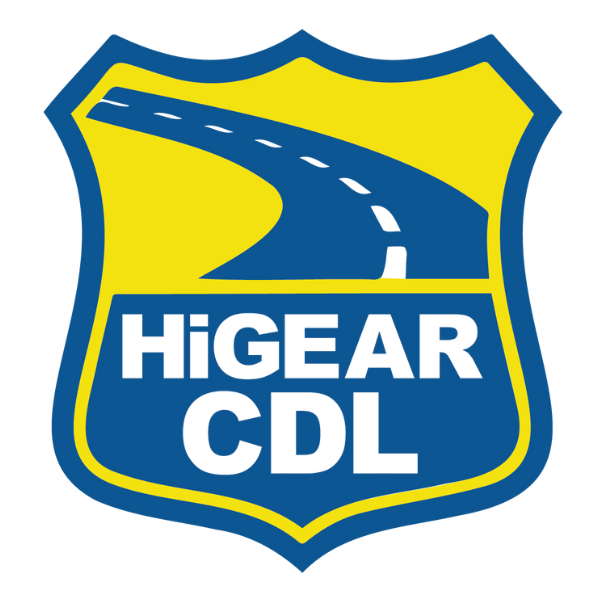Resources and Frequently Asked Questions
Looking for answers or need help getting started? Explore our FAQ and resources page for everything you need to know about CDL training, enrollment, scheduling, and more.
Resources
- These apps will help you study and obtain your CDL learners permit!
DMV Practice Test Genie 2025 (Google Play)
DMV Practice Test Genie 2025 (Apple Store)
CDL Prep (Google Play)
CDL Prep (Apple Store) - Please click on this FREE link http://www.cristcdl.com and click on (online testing center). This will give you FREE practice tests for all three sections of the book.
Frequently Asked Questions
What is the difference between a Class A CDL license and a Class B CDL license?
A Class A CDL training prepares students to land entry-level jobs as commercial truck drivers who will be able to drive over-the-road (OTR), regional, or local. A Class B CDL allows you to drive a single vehicle with a gross vehicle weight of more than 26,000 pounds such as a tow truck, dump truck, delivery truck, or a utility truck.
How long is the training?
Depending on the selected program, it's 4-8 weeks.
When do classes start?
Classes start weekly. After the deposit is received, students are scheduled to begin training at the first available session. Manual training is on Saturday and Sunday 8am-5:30pm. Automatic training is Monday-Friday 8am-7:30pm.
Do you offer financing?
No, we do not offer financing, accept financial aid or VA benefits. A minimum non-refundable deposit of $500 is required. Installation payments of $500 is due every two week. The full cost must be paid prior to testing.
Why is truck driving a good career choice?
Trucking is one of the most stable, high-demand industries in the country, and the demand for drivers has never been higher. Every product or service in America benefits from trucking. Truck driving is also a highly paid profession that allows you to provide a higher standard of living for your family and offers excellent benefits, including medical and dental insurance, paid vacations, and compensation incentives. Driving a truck also gives people the opportunity to travel the country and see new places while getting paid. Many people enjoy the lifestyle freedom that truck driving offers, while others love the high pay and the unmatched job security. No matter what the reason is, truck driving is an excellent choice for anyone looking to make a positive career change in his or her life.
How much can I expect to make during my first year of driving?
Each of our partner carriers is different as if pertains to what they offer as part of their compensation package. Recently, Indeed.com posted that the average salary for an entry-level driver is approximately $70,000 in the United States. However, after one year of experience driving a truck over the road, you can expect your salary to increase significantly. Even though the pay scale throughout the industry is similar from company to company, other parts of their compensation packages such as bonuses and incentives may greatly differ.
Those employed as truck drivers are paid per mile driven, thus your final earnings are dependent upon how much time you spend on the road. As mentioned, carriers also have incentive pay options which allow you to make more in wages based on how much you want to drive and what incentives you participate in or are offered. In the end, being a truck driver can be a very rewarding career both financially and professionally.
What payment methods do you accept?
We accept the following:
- Credit or Debit card with a Visa, Mastercard, Discover or AMEX
- Cash
- Cash App
- Zelle
- Apple Pay
- Company check
What does the CDL driving skills test cover?
- The CDL skills test has three parts:
- Pre-trip vehicle inspection
- Basic control skills (backing)
- On-road driving test
Is it hard to learn to shift if I’ve never driven a manual?
Not at all. In fact, it’s often easier—truck shifting is very different from cars, and you won’t have to unlearn old habits.
What does the pre-trip vehicle inspection include?
You’ll inspect components inside and outside the truck—belts, hoses, brakes, lights, etc.—and explain what you’re checking for during the test.
What is the CDL road & driving test like?
You’ll drive on real roads near the test site to show you can safely handle real-world driving situations.
What should I know about the CDL backing test?
Depending on your state, you may be asked to perform:
- Straight-line backing
- Offset backing
- Alley dock
- Parallel parking
